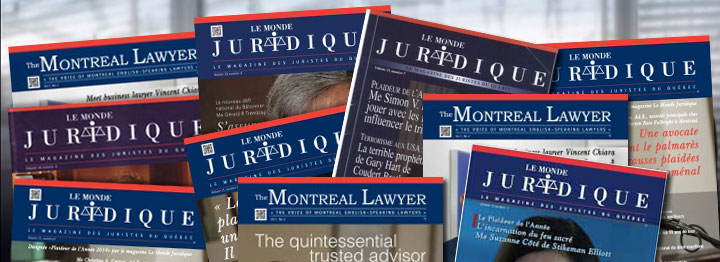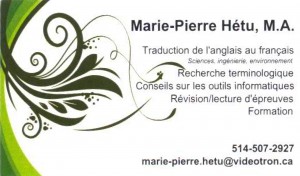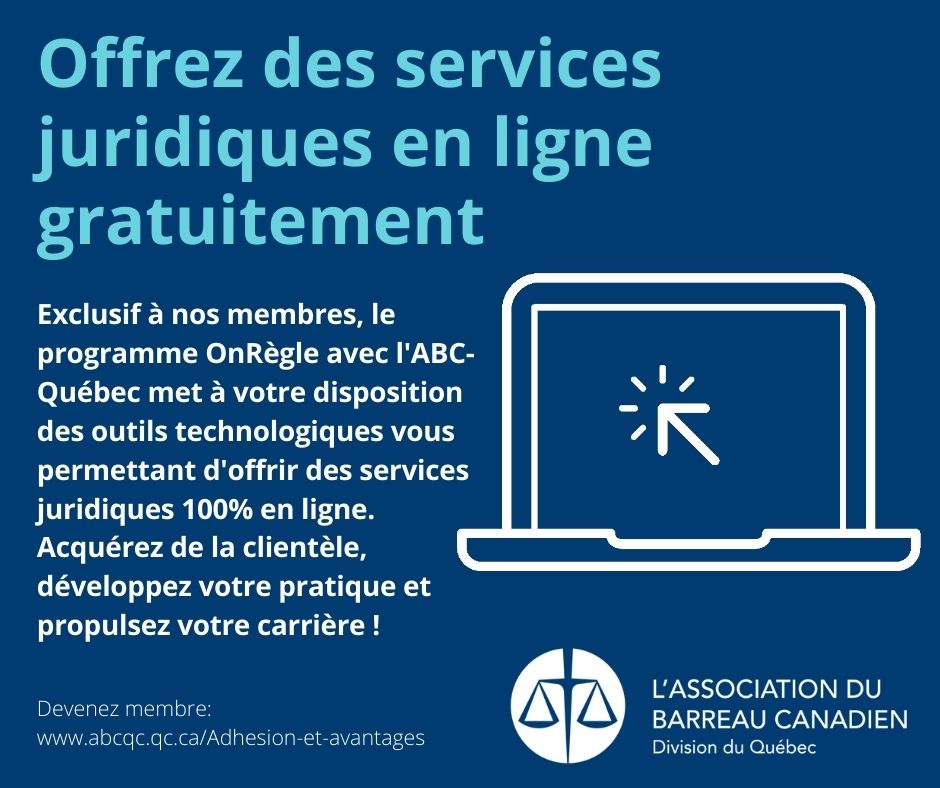Navigating Generative AI in Law Firms: Do’s and Don’ts for Success

In the rapidly evolving legal landscape, law firms are increasingly turning to generative AI tools like ChatGPT and Google Bard to streamline operations and enhance client services. While these tools offer significant promise in terms of efficiency and innovation, their effective use necessitates a solid understanding and thoughtful implementation. As legal professionals, it’s crucial to comprehend not just what gen-AI can do, but how it can best serve your firm and your clients.
The « Legal Risk Continuum » framework, as discussed by Olga V. Mack, categorizes AI activities into six levels based on increasing risk—from low-risk corporate communications to high-risk court filings. This framework assists law firms in assessing the potential risks and benefits of GenAI integration, guiding them on how to approach each level with the necessary caution and consideration.
For example, while AI can significantly enhance efficiency in document review, it’s categorized as a low-to-moderate risk activity on the legal risk continuum. Law firms must ensure unbiased outputs and maintain client confidentiality through rigorous validation and testing. For legal research and contract analysis, given the complexity and nuance of these tasks, it is crucial to not only leverage AI for efficiency but also ensure the outputs are transparent and justifiable, reflecting a deep understanding of legal contexts. Law firms should consider the context of what AI is being used for, e.g. the frequency of tasks and potential impact of errors.
Given the relative newness of sophisticated AI in the legal domain, many firms are still in exploratory phases. Leading practices are prudently piloting AI tools across various applications to gauge real-world value and integration readiness before wide-scale adoption. As these technologies rapidly evolve, continuous monitoring will be important to ensure algorithmic outputs consistently match expectations without undue reliance on AI over human legal analysis. With judicious governance and adaptation as the technology progresses, AI and human expertise can work synergistically to raise the quality and accessibility of legal services.
Incorporating gen-AI into your law firm’s operations offers promising avenues for enhancing efficiency and client service. However, this technological advancement must be navigated with a strategic and thoughtful approach. By understanding and adhering to the do’s and don’ts outlined above, your firm can effectively harness the power of AI while maintaining the professional excellence and personal touch that defines your practice. Remember, the goal isn’t just to implement AI, but to integrate it in a way that amplifies your firm’s strengths and ensures that technology is augmenting your work and not hindering it.
Colin Levy is a prominent expert on legal technology. He is the author of The Legal Technology
Ecosystem and the editor of the Handbook of Legal Tech. Levy offers his perspective on real-
world issues the legal industry faces. Rather than presenting technology as an obstacle for law professionals, Colin advocates for the careful and systematic selective incorporation of technological solutions. Positioned at the nexus of technology and law, Colin Levy remains a leading practical voice providing guidance to legal professionals navigating new technologies and AI capabilities.












